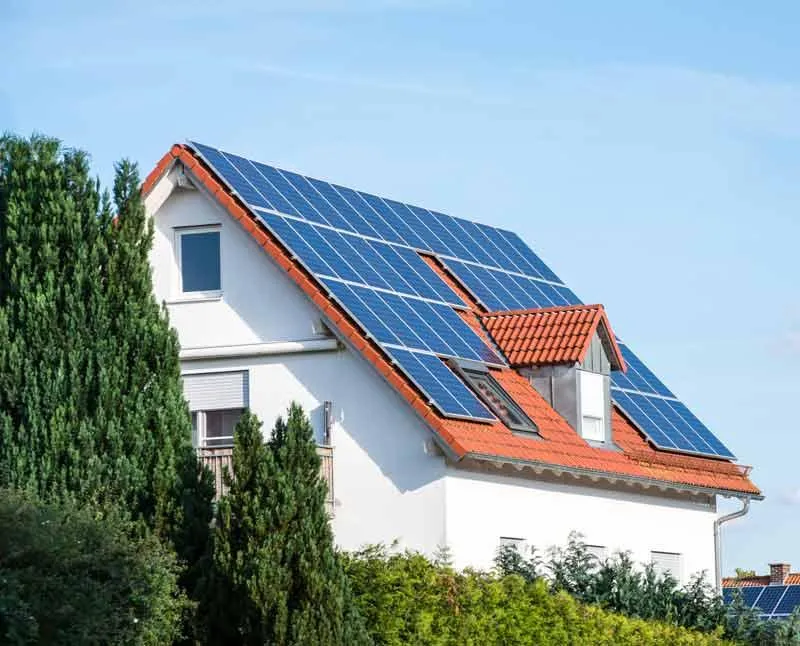VA
Homeownership Made Easy for Veterans and Active Military
Why choose VA Loans
VA loans offer numerous benefits that make them one of the best mortgage options available for qualifying individuals:
No Down Payment: One of the most significant advantages of a VA loan is the ability to buy a home without needing a down payment, making homeownership more accessible.
No Private Mortgage Insurance (PMI): Unlike many other loans, VA loans do not require PMI, which can save you hundreds of dollars each month.
Lower Interest Rates: VA loans typically offer lower interest rates compared to conventional loans, which means you save money over the life of your loan.
Easier Qualification: With more lenient credit requirements and flexible guidelines, VA loans are designed to make the process simpler for veterans and active-duty members.
Limited Closing Costs: The VA places limits on what lenders can charge in terms of closing costs, keeping the out-of-pocket expenses manageable.

VA Loan Eligibilty
To be eligible for a VA loan, you must meet one of the following criteria:
You have served 90 consecutive days of active service during wartime.
You have served 181 days of active service during
peacetime.
You have more than 6 years of service in the National Guard or Reserves.
You are the surviving spouse of a service member who died in the line of duty or due to a service-related disability.
If you meet these requirements, you could be on your way to owning your dream home with a VA loan!
Get Started Today!
If you’re a veteran, active-duty military member, or surviving spouse, you’ve earned the right to take advantage of a VA loan. Whether you're buying your first home or refinancing an existing mortgage, we're here to guide you through the process every step of the way.

FHA Loans: A Smart Path to Homeownership
FHA Loans: A Smart Path to Homeownership
If you're considering buying a home but are concerned about meeting strict financial requirements, an FHA loan might be the perfect solution. FHA loans, insured by the Federal Housing Administration, are designed to make homeownership more accessible, especially for first-time buyers or those with less-than-perfect credit. In this blog post, we'll explore the benefits of FHA loans, how they work, and who can qualify.
\What Is an FHA Loan?
An FHA loan is a type of mortgage that is backed by the federal government. This insurance protects lenders, allowing them to offer loans with lower down payments and more lenient credit requirements. Since the program's creation in 1934, FHA loans have helped millions of Americans achieve their dream of homeownership.
Why Choose an FHA Loan?
There are several key reasons why an FHA loan might be a great option for you:
Lower Down Payment: One of the biggest advantages of an FHA loan is the lower down payment requirement. While conventional loans typically require a down payment of 5% to 20%, FHA loans can be obtained with as little as 3.5% down. This can make a significant difference for buyers who haven't saved a large sum of money.
Flexible Credit Requirements: FHA loans are known for being more forgiving when it comes to credit scores. Even if your credit score is below 600, you may still qualify for an FHA loan. This flexibility can be a lifesaver for those who have faced financial challenges in the past but are now ready to buy a home.
Competitive Interest Rates: Because FHA loans are backed by the government, lenders can offer competitive interest rates, often lower than those available with conventional loans. This can save you thousands of dollars over the life of your loan.
Assumable Loans: FHA loans are assumable, meaning if you sell your home, the buyer can take over your mortgage. This can be a valuable selling point if interest rates rise, making your existing loan more attractive to potential buyers.
How Do FHA Loans Compare to Conventional Loans?
When choosing between an FHA loan and a conventional loan, it's essential to understand the differences. FHA loans are generally easier to qualify for, especially for buyers with lower credit scores or smaller down payments. However, they do come with mortgage insurance premiums (MIP) that are required for the life of the loan if you put down less than 10%. Conventional loans, on the other hand, often require higher credit scores but offer more flexibility in terms of loan amounts and the ability to remove private mortgage insurance (PMI) once you reach 20% equity in your home.
Who Can Qualify for an FHA Loan?
FHA loans are designed to be accessible, but there are still certain requirements you'll need to meet:
Credit Score: While FHA loans are more lenient, most lenders prefer a credit score of at least 580 for the 3.5% down payment option. If your score is lower, you may still qualify with a higher down payment.
Debt-to-Income Ratio: Your debt-to-income ratio (DTI) should be 43% or lower. This means your monthly debt payments, including your mortgage, shouldn't exceed 43% of your gross monthly income.
Employment History: Lenders typically want to see a stable employment history, usually at least two years in the same job or industry.
Primary Residence: FHA loans are only available for primary residences, so they can't be used for investment properties or second homes.
How to Apply for an FHA Loan
Applying for an FHA loan is similar to applying for any other mortgage. Here are the basic steps:
Find a Lender: Not all lenders offer FHA loans, so you'll want to find one that does. Shop around to compare rates and terms from multiple lenders.
Get Pre-Approved: Before you start house hunting, it's a good idea to get pre-approved. This will give you a clear idea of how much you can borrow and show sellers that you're a serious buyer.
Submit Your Application: Once you've found your dream home, submit your mortgage application. You'll need to provide documentation such as proof of income, tax returns, and information about your assets and debts.
Complete the Process: After your application is submitted, the lender will process your loan, including a credit check and home appraisal. If everything checks out, you'll be on your way to closing and becoming a homeowner!
Conclusion
FHA loans offer a path to homeownership that might otherwise be out of reach for many buyers. With lower down payment requirements, flexible credit criteria, and competitive interest rates, FHA loans can make it easier to achieve your dream of owning a home. If you think an FHA loan might be right for you, start by speaking with a lender to explore your options and get started on the journey to homeownership.

© Copyright 2024. Company Name. All rights reserved.
